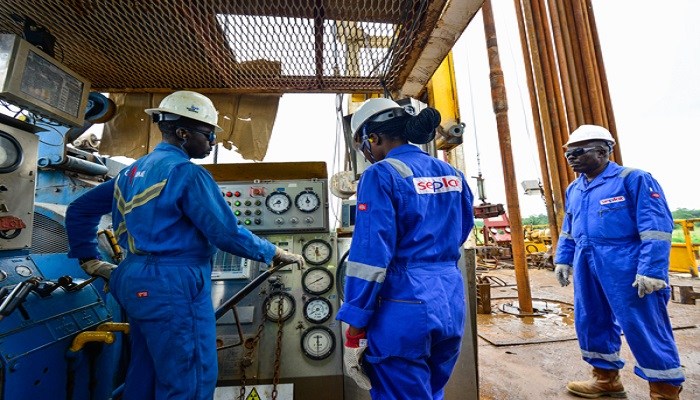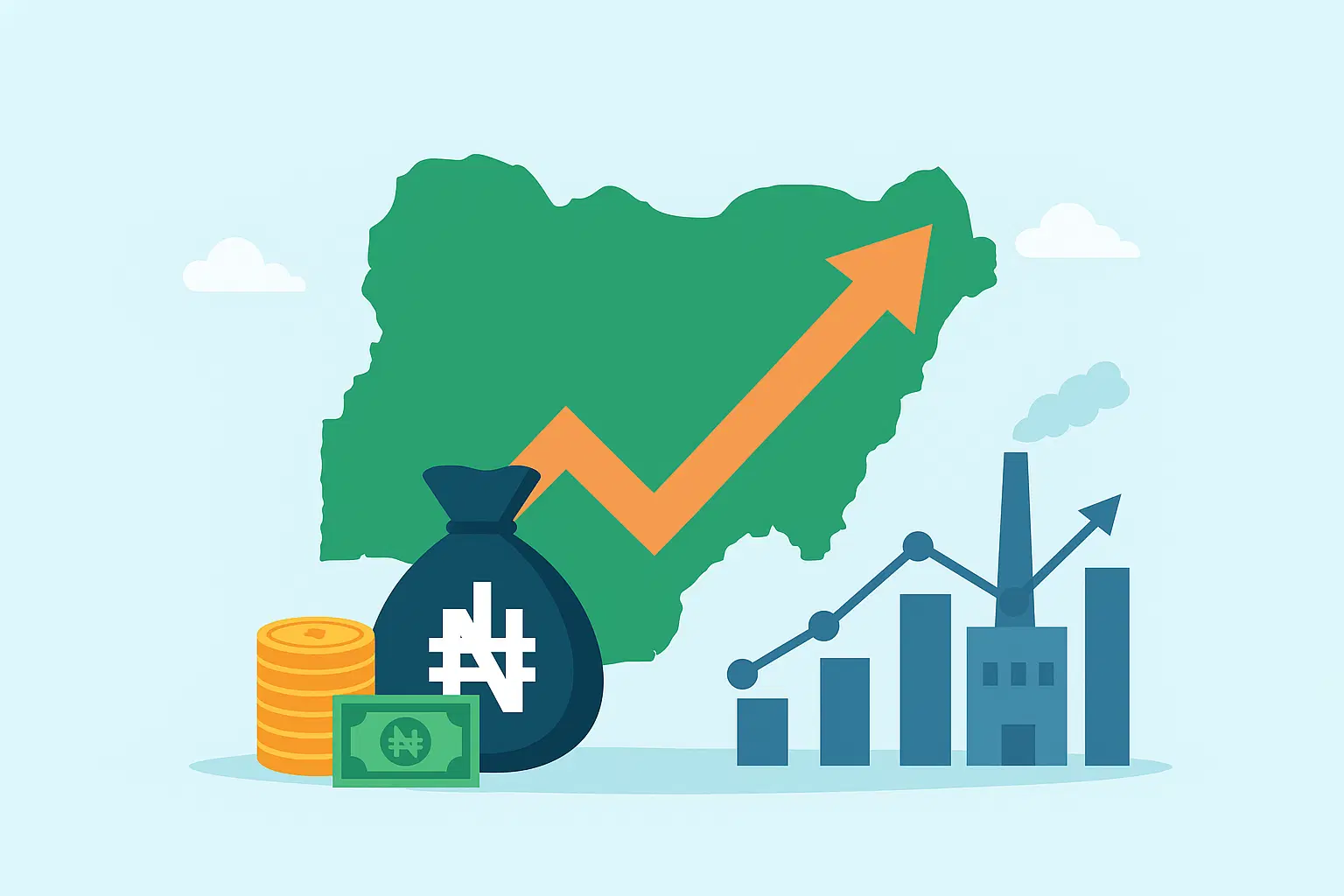The Federal Government of Nigeria is engaging with commercial banks and private investors to raise $23.2 billion needed for its universal electricity access plan.
This ambitious initiative aims to end the country’s long-standing power supply challenges by expanding energy infrastructure and improving access to electricity across all regions.
It was gathered that Nigeria will require a total investment of $23.2 billion to achieve universal electricity access within five to ten years. The plan targets reaching 120 million people across 22 million households, combining grid and off-grid solutions to close the country’s significant energy access gap.
Reports indicate that that $14.1bn of the cost is an upfront investment to which multiple stakeholders must contribute. The initial investment of $14.1 billion accounts for 60% of the total $23.2 billion needed to achieve universal electrification across Nigeria.
With Nigeria still grappling with a limited 5,500 megawatts of electricity, the universal electrification plan aims to deliver 11,499 gigawatt-hours annually to 22 million unelectrified residential households.
Grid connections are projected to cost $5.5 billion, solar home systems will require $11.1 billion, and mini-grid connections are expected to take $6.6 billion.
According to the Managing Director/CEO of the Rural Electrification Agency, Abba Aliyu, some banks have already committed funds to the sector, while discussions with others are ongoing.
Aliyu emphasized the strong commitment of President Bola Tinubu and the Minister of Power, Adebayo Adelabu, to achieving universal electricity access in Nigeria, stressing their support for ongoing efforts to expand energy infrastructure nationwide.
Aliyu revealed that the REA, in collaboration with other agencies, conducted surveys across all states to assess the most effective electrification strategies. He noted that mini-grids and solar home systems will be the primary solutions, as grid extension is not feasible in many areas.
While acknowledging that the $23.2 billion needed for nationwide electrification is substantial, he expressed confidence that banks and private investors will fund the initiative, given the assurance of returns through electricity tariffs.
He stated that First City Monument Bank and Stanbic IBTC, in partnership with Standard Bank, have each committed $100 million.
Also also noted that discussions are underway with Access Bank, Zenith Bank, and others.
He highlighted that the funds from local banks will supplement contributions from the government, the World Bank, the African Development Bank, and other development partners.
“The wisdom of the current government is to drive private sector funding into the sector. The Minister of Power secured the Distributed Access through Renewable Energy Scale-up (DARES) $750m, and we have access to that funding. That funding will catalyse a private sector funding of $1.1bn. As we bring the public funding, it will catalyse private sector funding to combine to do more,” he said.
Aliyu disclosed that the REA is targeting 17.5 million Nigerians under the DARES programme. “We have $750m and the private sector will bring $1.1bn. That is $1,850,000,000,” he said.
He recalled that the Minister of Power is also working to secure additional co-financing from the Japan International Cooperation Agency. The Japanese government has already approved $190 million in co-financing to help electrify an additional 1.83 million Nigerians.
“This will also catalyse close to an additional $300m financing to be added to the private sector funding. So, we, the Federal Government, are creating public funding that will catalyse private sector funding. When the President was in Tanzania, there was the signing of $20m financing to four Nigerian local developers by the International Finance Corporation.
“They commit to financing these developers with a $20m debt financing. That’s another financing. Also, there is conversation around $700m of Desert-to-Power financing that will come from the African Development Bank. That $700m will also catalyse another $1bn of private sector financing. All this is the strategy being implemented to make sure there is financing to achieve this universal electricity access
“We have also seen banks committing funding. First City Monument Bank has committed a $100m pool of debt financing to the developers. Stanbic IBTC with Standard Bank also committed $100m. So all these finances are there.
“In the last few days, I was with the Access Bank management with their sustainable finance group. They are putting in place their funding for the sector. The same thing with Zenith Bank. Also, there are Nigerian local banks that have seen it and are committing funding to it. I don’t have any fear with financing; we will be able to achieve the level of financing that is required,” he noted.
When asked about the returns for the banks, Aliyu clarified that investors would recoup their investments through the tariffs paid by electricity consumers benefiting from the mini-grids.
“This mini-grid investment is seen as infrastructure financing. You put in your finances and recoup the finances with your predetermined internal rate of return over a period of time from the tariffs because a tariff is a function of paying back the capital cost, paying for O&M (Operations & Maintenance), and paying for capital appreciation or capital gain. These are the three components that make a tariff. And that is why we built the entire methodology in project financing.
“So, the banks or the financier or even anybody can put in some billions of naira to finance a developer to build a mini-grid and you recoup your investment from the monthly tariff that comes in and goes back to the developer,” he stated.
Addressing concerns about low recovery rates faced by distribution companies, particularly regarding affordability, Aliyu highlighted that investments in mini-grids have been successful, with a recovery rate of approximately 95%.
“I would like to debunk that myth of affordability and the myth of payment. From the data that we have, we have close to a 95 per cent collection rate. These people in the rural area pay for the electricity,” he stated.










